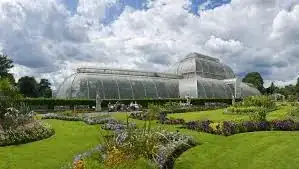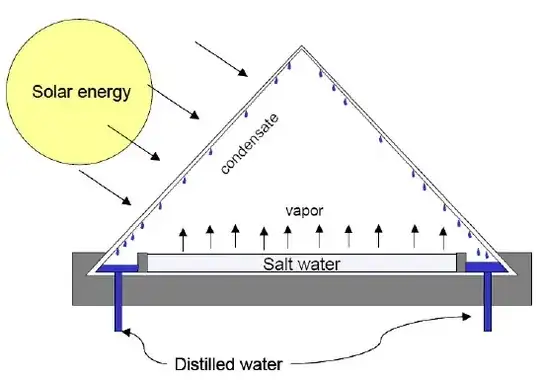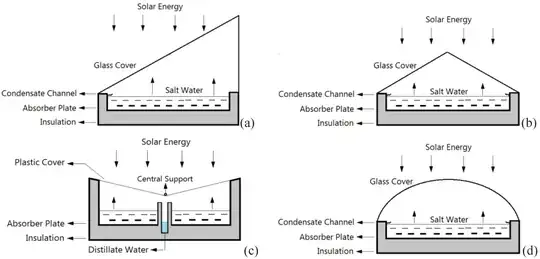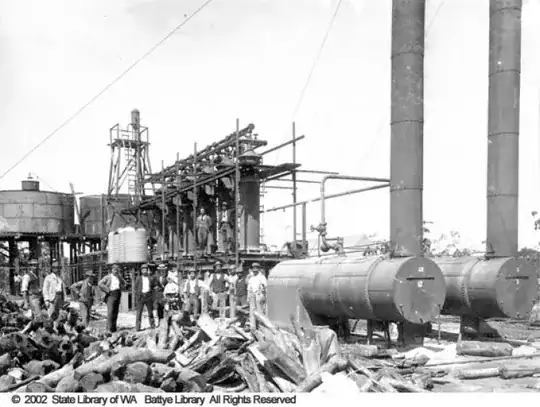I'm from Brazil, a former colony of Portugal. In history classes we learn about this.
In centuries past salt was very valuable. The word salary comes from that. Portugal had been exploring salt pans as one of its chief exports before becoming a country - and that was in the 11th century! Seems like the first ones were in the Aveiro region, with a surge in the commerce of salt in the 16th century.
Around that time the colonization of Brazil was starting, and since we got more sunlight than Europe throughout the year (as well as very salty seas) lots of seawater salt extraction happened here. It was one of the most important economic activities around the end of the 18th century.
As for how it was done centuries ago, there is a whole Wikipedia page just about the process: open-pan salt making. It is quite lengthy and elaborate. But in short:
- Pump the water (using mills) to deep decanters. Some evaporation happens there.
- Pump the resulting water to shallow evaporators. Further evaporation happens.
- Remove calcium sulfate from the water. This was one of the sub-products of the salt industry, and was used in masonry work.
- Take the remaining water to crystallizers, which are the shallow, colorful ponds that come to mind when you think about salt pans.
- Here salt starts precipitating in the water. Have some people push it to the side of the crystallizer with shovels to accelerate the process and ensure the salt is grainy (you'll have some really large grains, some as big as corn kernels). Once the water is all evaporated you can just shovel the salt into piles for further processing.
Look at the image below. The white cones are salt shoved manually. The piles closer to the workers are small because they are still shoveling on shallow water, whereas the larger piles in the background (which can be taller than a house) are ready to be shoveled onto trucks. The picture is from 1967 but the process back then wasn't much different from what they did in the 16th century.
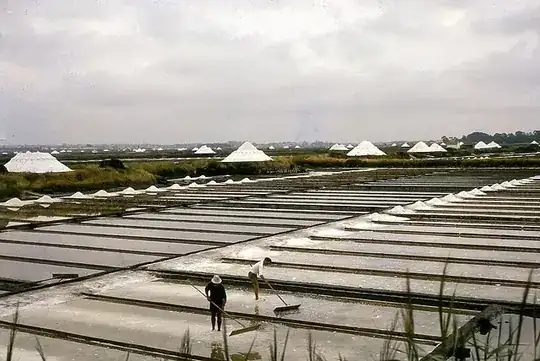
Source: the Portuguese Wikipedia article for salt extraction from ponds. This is the original URL for the image.
You won't get potable water in this process though. All the water is evaporated to the atmosphere. If you tried to get that water with 18th century equipment you'd probably have some heavy metal poisoning on the long run, due to the equipment you'd need to obtain water this way in industrial amounts and the chemistry and biology knowledge of the time. For potable water you do need to find a river in your island.

